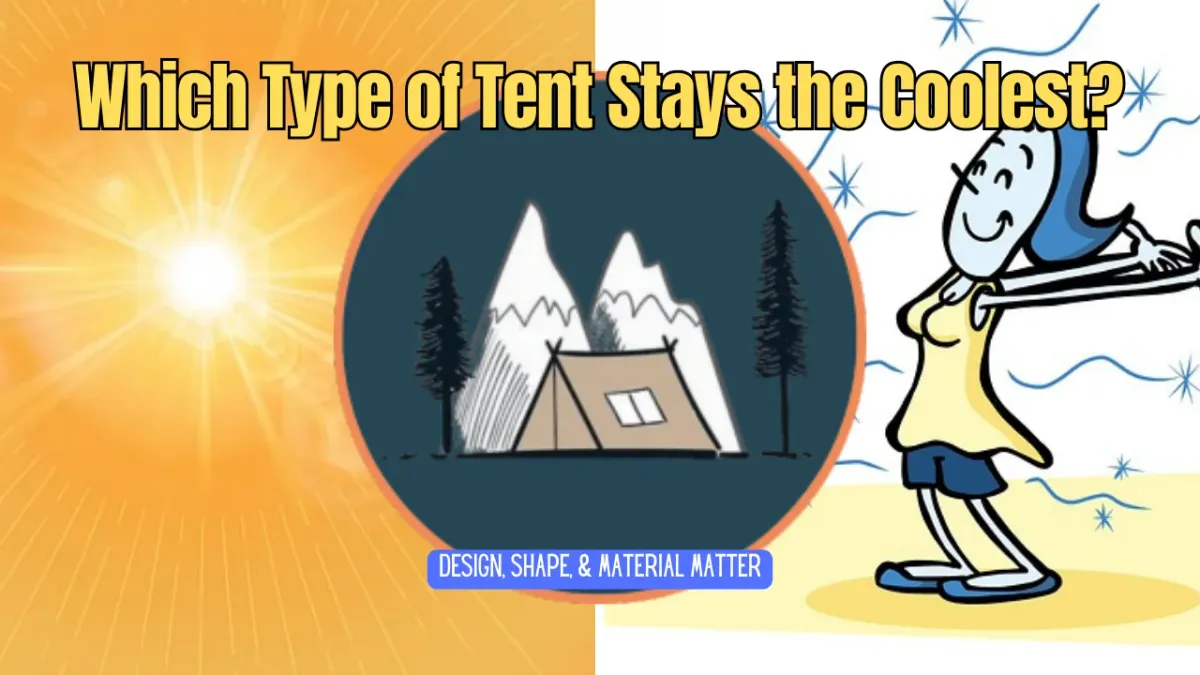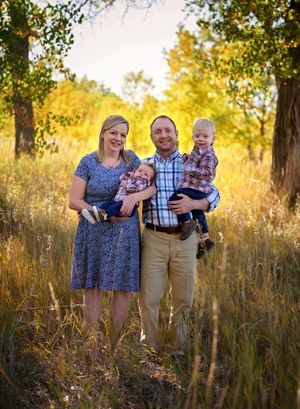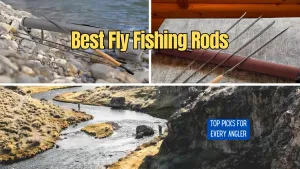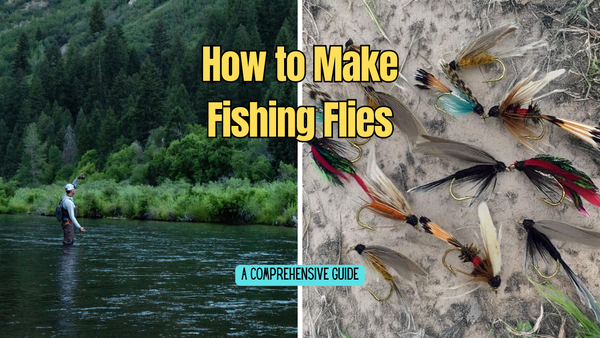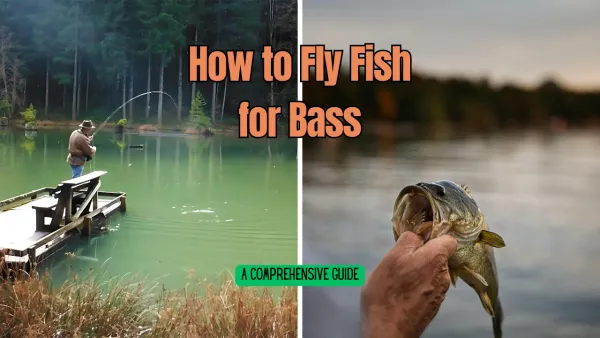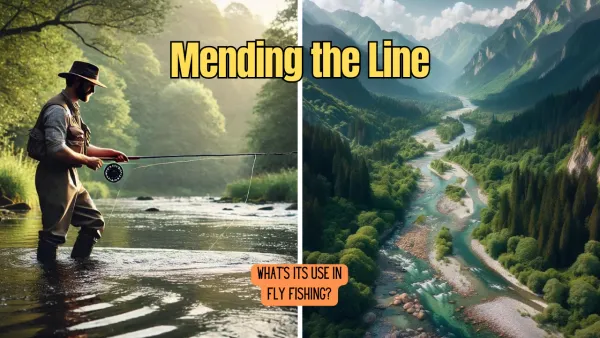When it comes to camping, your tent is your home away from home. It's the barrier between you and the elements, and the cocoon that keeps you snug and secure at night. But with so many options on the market, how do you know if a tent is good? Whether you're a seasoned camper or a novice looking to purchase your first shelter, this comprehensive guide will walk you through everything you need to know to make an informed decision.
Key Takeaways:
- Understanding the essential features of a good tent, such as durability, weather resistance, and space.
- Recognizing the importance of tent poles, materials, and design for a stable camping experience.
- Identifying the right tent for your specific camping needs, whether it's for backpacking, car camping, or family outings.

Tent Materials and Durability
When assessing the quality of a camping tent, the materials used are a primary indicator of its durability. Most tents are made from either nylon or polyester. Nylon is lightweight and strong, making it ideal for backpacking tents. Polyester, on the other hand, is more UV-resistant and less prone to stretching when wet, which is great for family tents and car camping.
The tent's floor, often referred to as the ground cloth, should be made of a thicker material since it will be in direct contact with the ground. Look for a tent with a high denier fabric and a good waterproof rating to ensure maximum protection from the elements.
Tent Poles and Structure
Tent poles are the skeleton of your shelter, and their quality can make or break your camping experience. Aluminum poles are generally more durable and lighter than fiberglass poles, which can shatter under stress. Dome style tents often use a simple two-pole design, which is easy to set up and offers good resistance to wind. Cabin style tents may have straighter walls and more complex pole structures, providing more interior space but potentially being less stable in high winds.
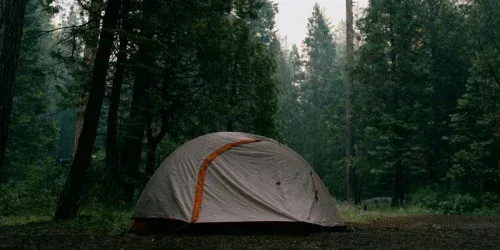
Weather Resistance Features
A waterproof tent is essential. Look for tents with a high hydrostatic head rating, as this indicates the tent's ability to withstand heavy rain without leaking. The rain fly is a crucial component; it should cover the tent body completely, leaving no part exposed to direct rain. Additionally, well-placed vents can help reduce condensation inside the tent, keeping you dry from both outside moisture and inside humidity.
Tent Size and Interior Space
The stated capacity of a tent can be misleading. A good rule of thumb is to assume that the tent will comfortably fit two less people than the stated capacity. This leaves room for gear and a little extra space to move around. For a family camping trip, consider a tent with a spacious vestibule or an additional screen room for extra livable space.
Seasonality and Tent Design
Seasonality is a key factor in choosing a tent. Three-season tents are the most common and are designed for spring, summer, and fall use. They typically have mesh panels for ventilation and a rain fly for weather protection. Four season tents, or mountaineering tents, are built to withstand heavy snow and high winds, featuring fewer mesh panels and a more robust structure.
Tent Doors and Ventilation
Good tents have doors designed to prevent rain from entering when opened. Look for tents with a vestibule space outside the tent doors to store muddy boots or gear. Dome tents often come with two doors, which is convenient for multiple occupants and improves ventilation. Having multiple doors in a cabin tent isn't just about easy access; it's about creating a flow of movement that keeps everyone happy. Speaking of ventilation, a tent with well-placed vents will help maintain a comfortable temperature and reduce condensation.
Tent Setup and Takedown
A great tent should not only be sturdy and weatherproof but also easy to set up and takedown. Dome style tents with color-coded poles and clips are typically easier to assemble than cabin tents with multiple poles and sleeves. The tent bag should be roomy enough to easily pack the tent back in, with durable zippers that can withstand repeated use.
Tent Features for Comfort
When camping, comfort is key. Look for tents with interior pockets for organizing small items and a gear loft to keep essentials within reach. A good tent should also have a loop at the center for hanging a lantern. The tent walls should be high enough to allow most people to stand up straight, which is especially important in family tents or when camping for extended periods.
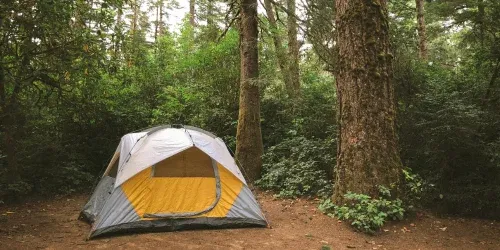
Tent Weight and Portability
For backpacking, the weight of your tent is crucial. A lightweight backpacking tent with a compact packed size will save wear and tear on your body over long distances. However, don't sacrifice durability for weight; ensure the tent materials and poles are still of good quality. Car camping tents can afford to be heavier since they don't need to be carried far.
Tent Add-Ons and Accessories
Many tents come with additional accessories that can enhance your camping experience. Guy lines and guy ropes are essential for securing the tent in bad weather. A footprint, or ground cloth, can protect the tent's floor and extend its lifespan. Some tents also come with a repair kit, which can be a lifesaver if you encounter any issues while in the backcountry.
Tent Maintenance and Care
To ensure your tent lasts for many camping trips, proper maintenance is key. Always dry your tent thoroughly before storing it to prevent mold and mildew. Repair any small tears or holes promptly to avoid them getting larger. Store the tent in a cool, dry place, and avoid storing the tent poles under tension.
Tent Price and Value
While cheap tents might be tempting, they often lack the quality and features of more expensive models. Investing in a good tent from a reputable tent manufacturer can save you money in the long run, as it will likely last longer and provide a better camping experience. However, ensure that the tent you choose has the features you need and don't pay extra for those you won't use.
Tent Aesthetics and Personal Preference
While functionality should be your main concern, the look of the tent can also be important. Choose a color and design that you like, as you'll be more likely to use a tent that appeals to you. Remember, a good tent is one that meets your specific needs and makes you feel comfortable and secure.
Tent Reviews and Recommendations
Before making a purchase, read reviews from other campers. Look for patterns in feedback, such as comments on the tent's durability, ease of setup, and weather resistance. Recommendations from friends or family who camp can also be invaluable. They can provide honest insights into the tents they've used and loved.
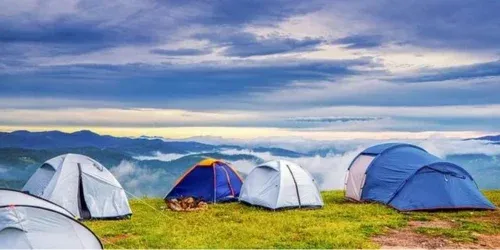
Summary
Choosing the right tent is a critical decision for any camper. A good tent is durable, weather-resistant, and provides enough space for its occupants and their gear. It should have sturdy poles, a reliable rain fly, and features that enhance comfort and convenience. When selecting a tent, consider the type of camping you'll be doing, the conditions you'll face, and your personal preferences. By keeping these factors in mind, you'll be able to find a tent that will serve you well on many adventures.
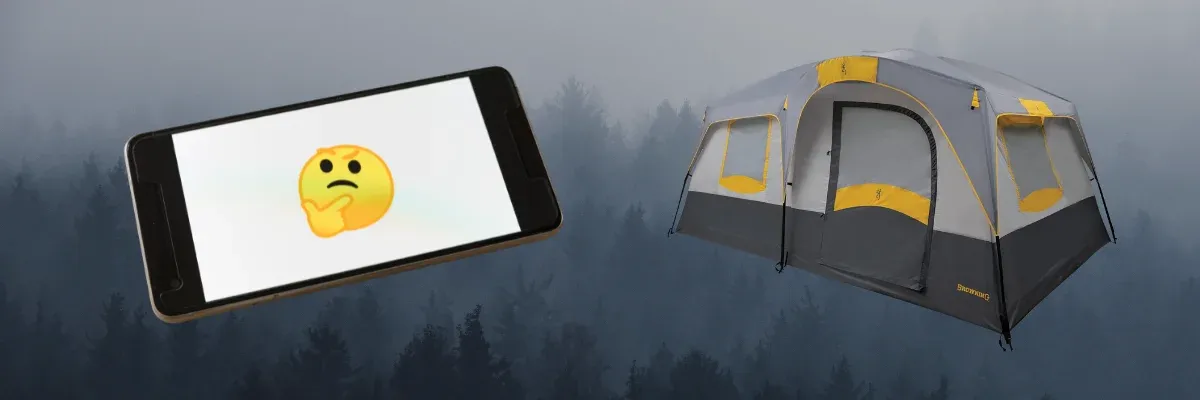
FAQs
How important is the waterproof rating on a tent?
The waterproof rating is very important as it determines how well the tent will hold up in wet weather conditions. Look for a tent with a high hydrostatic head rating for the best protection against rain.
Can a three-season tent be used in winter?
While a three-season tent can be used in mild winter conditions, it is not designed for extreme cold, heavy snow, or high winds. For winter camping, a four-season tent is recommended.
How can I ensure my tent lasts a long time?
Proper maintenance is key to extending the life of your tent. Always dry it thoroughly before storage, repair any damage promptly, and store it in a cool, dry place. Additionally, using a footprint can help protect the tent's floor from abrasion and punctures.
What type of tent is good for hot summer days?
